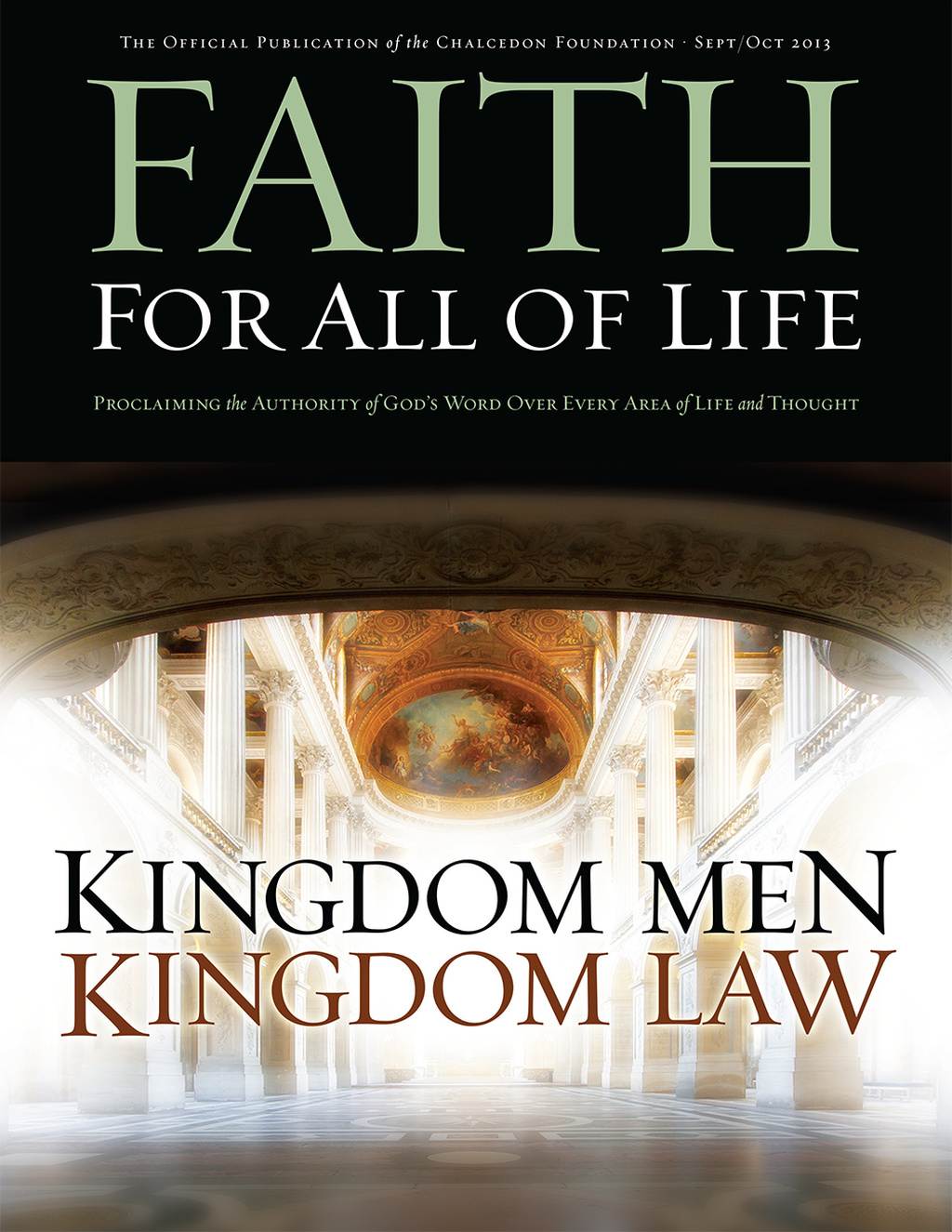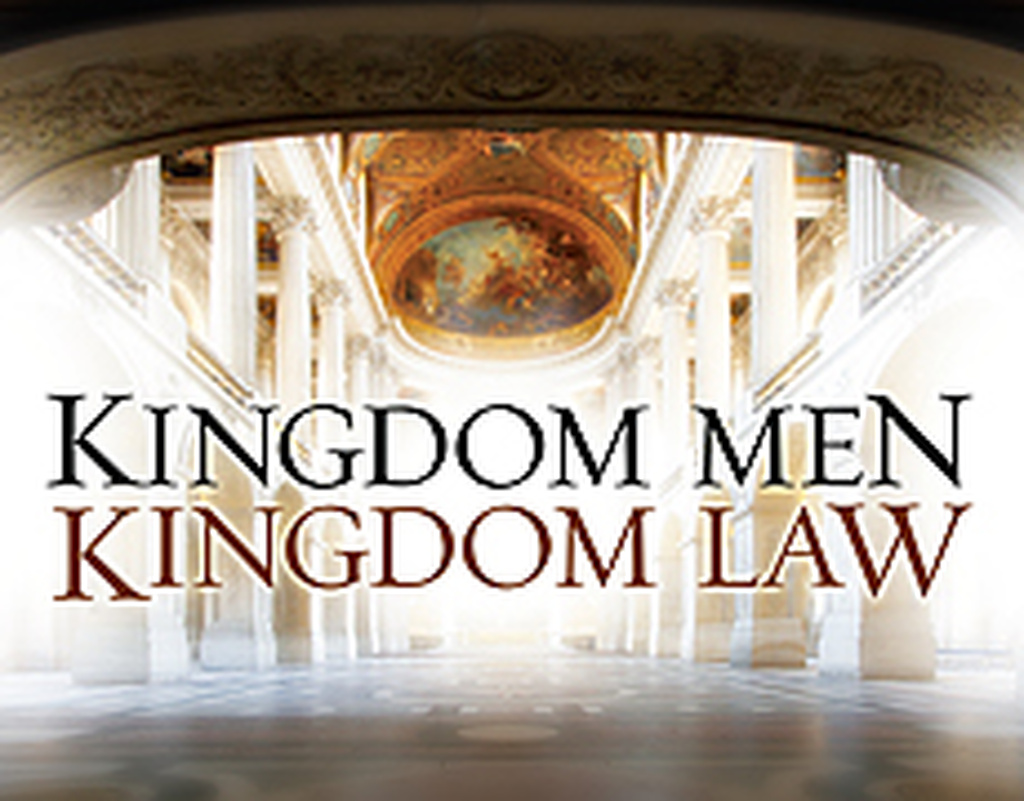
Magazine Issue
September/October 2013 Articles:

Kingdom Men and Kingdom Law

- Mark R. Rushdoony

Reinventing Leadership

- Martin G. Selbrede
The Seminary and the Death of Missions
Law, Covenant, and a Constitutional Republic
- Paul Michael Raymond

Proverbs 31: Transmitting the Principles of Biblical Self-Government to the Next Generation

- Andrea G. Schwartz

The Place of Tradition
- Timothy D. Terrell
Review of Kevin Swanson's "Apostasy"

- Lee Duigon
The Levitical Tithe

- R. J. Rushdoony
Seizure and Property

- R. J. Rushdoony